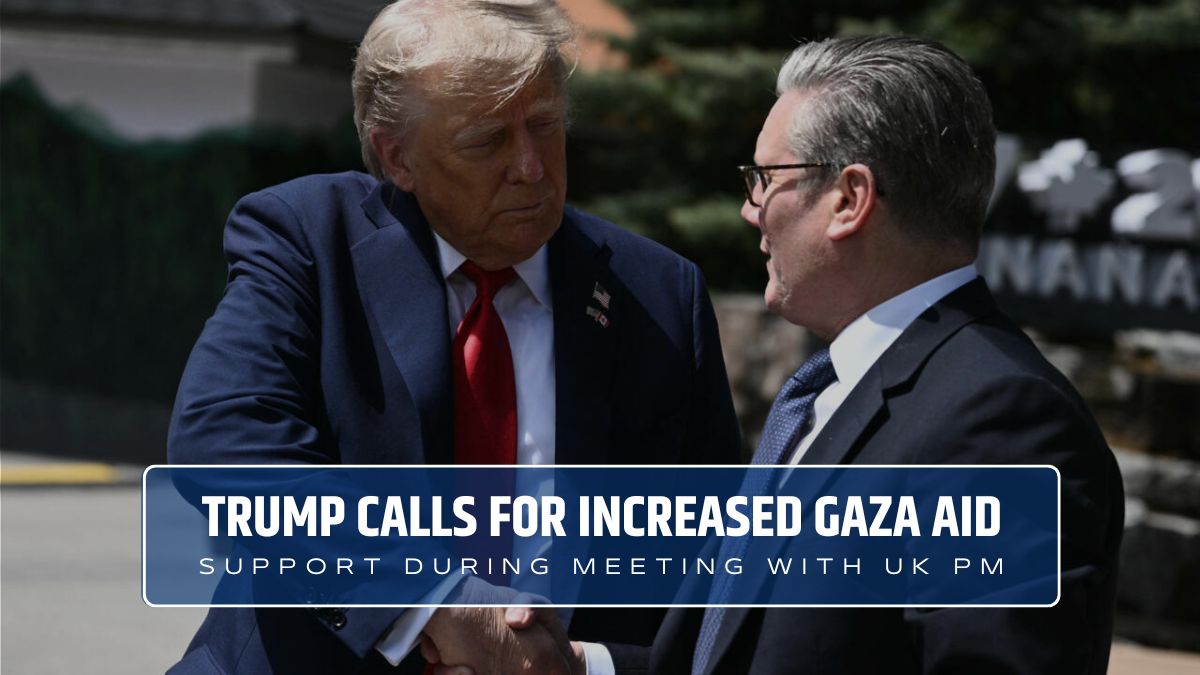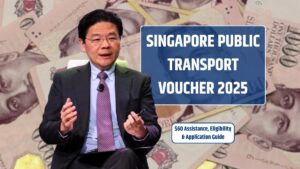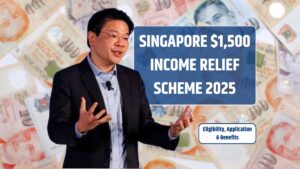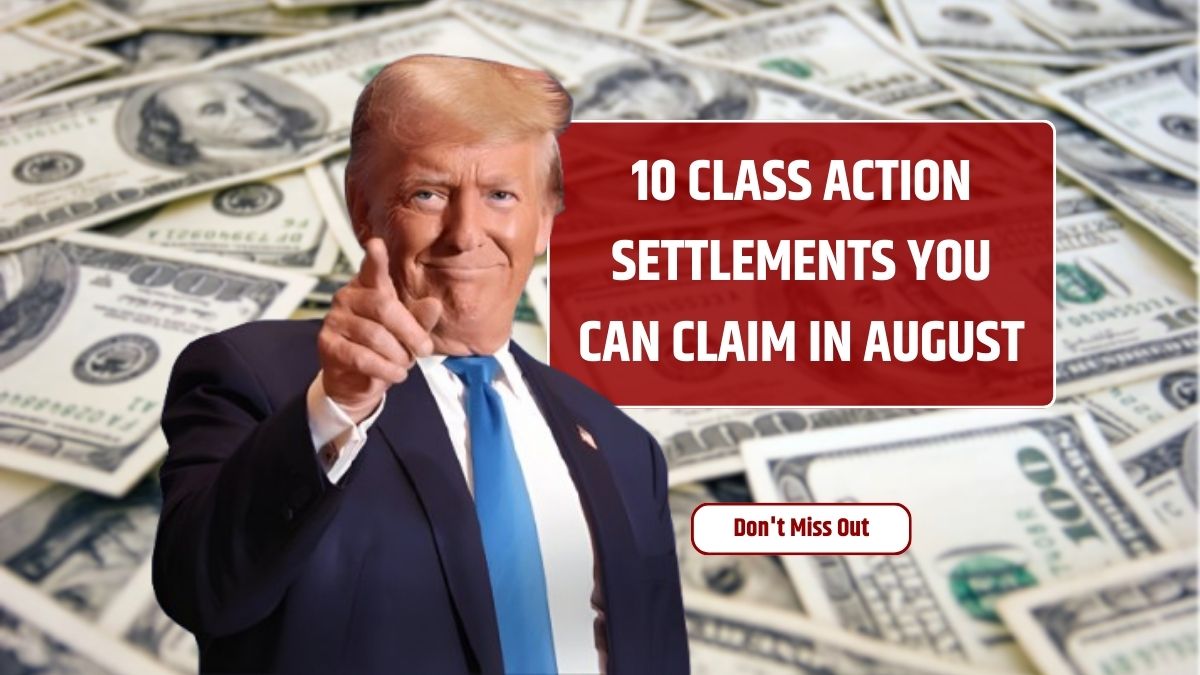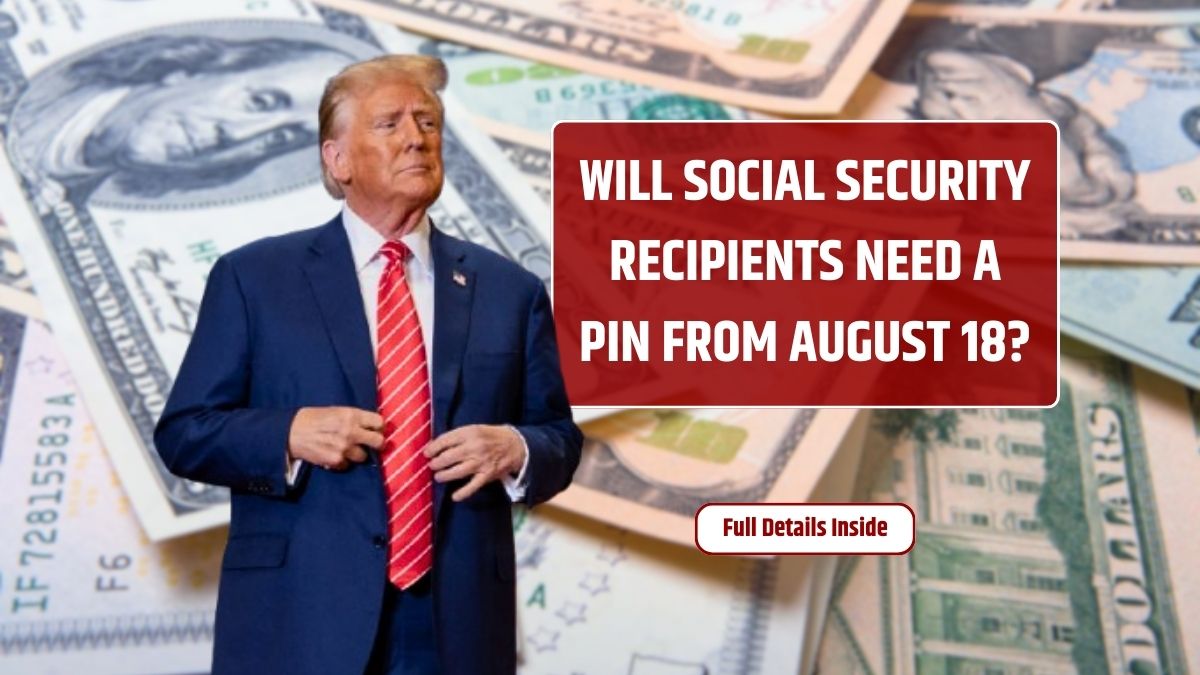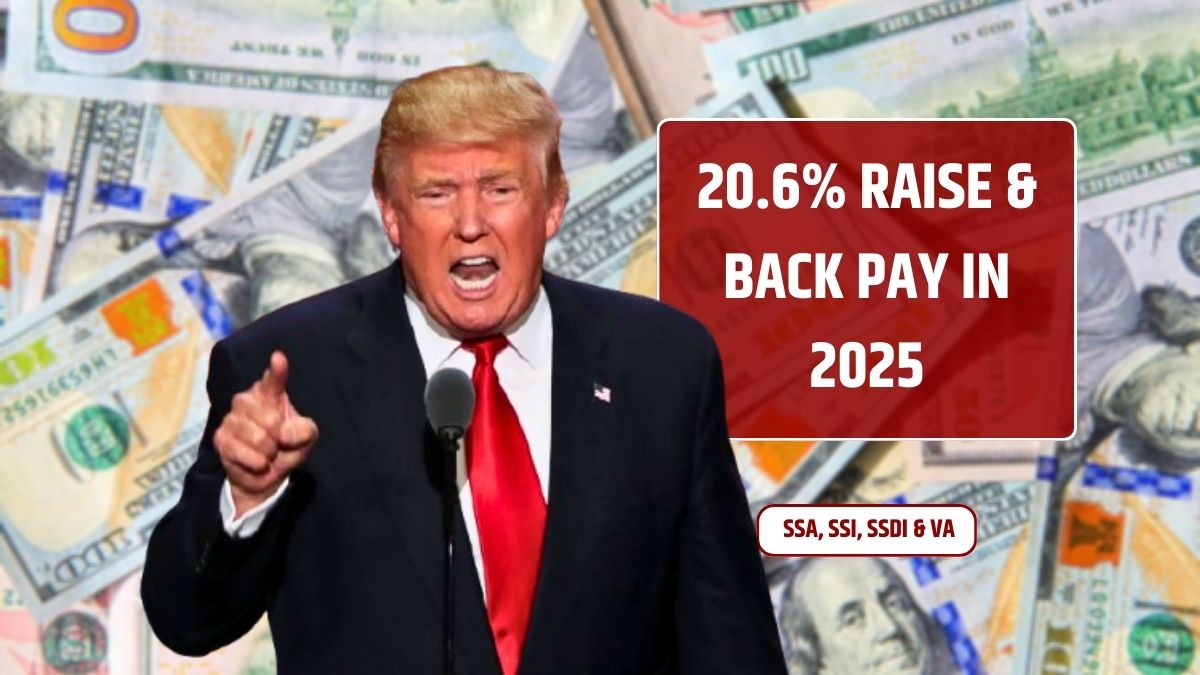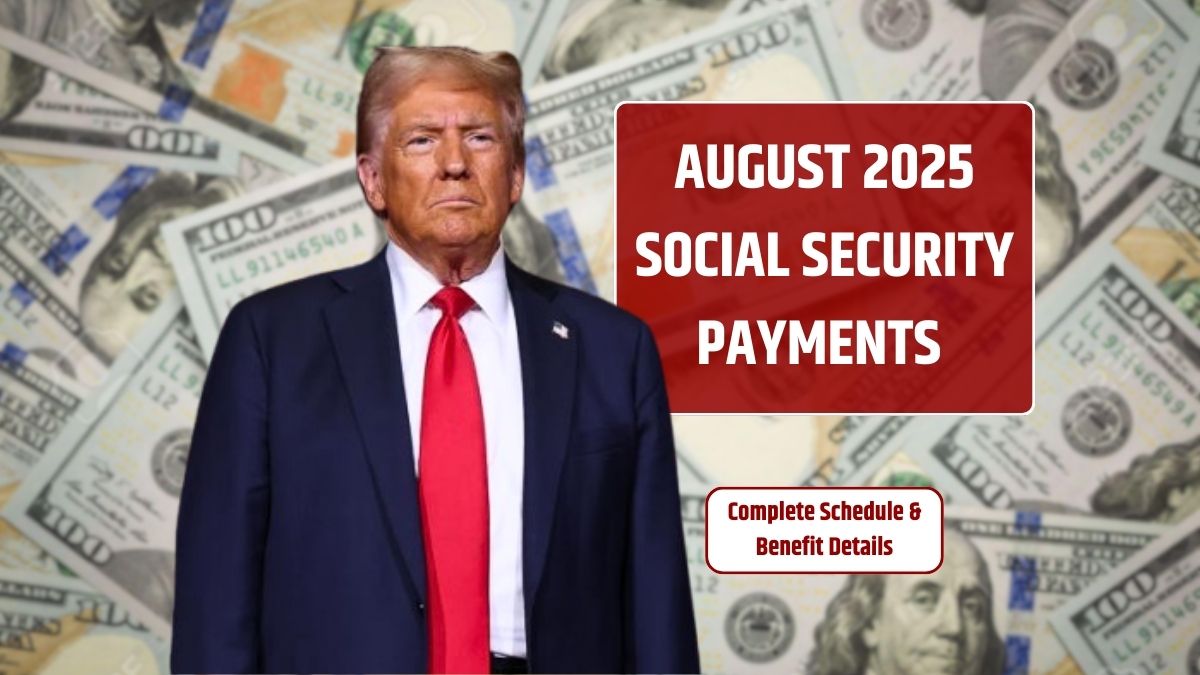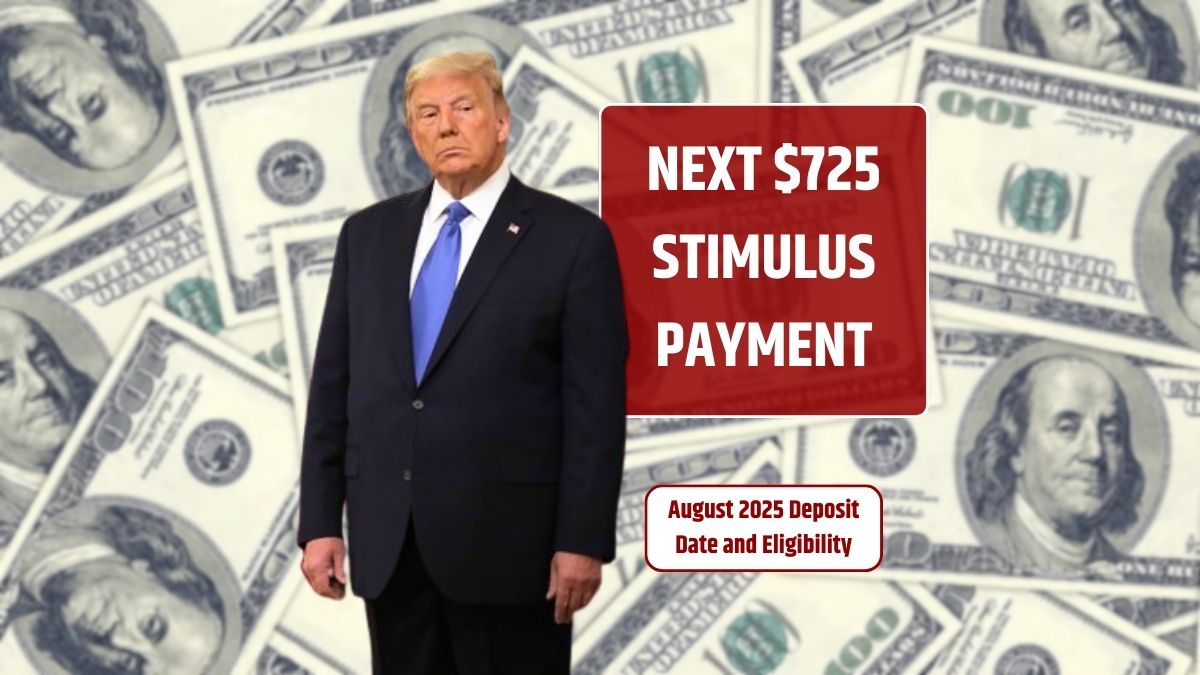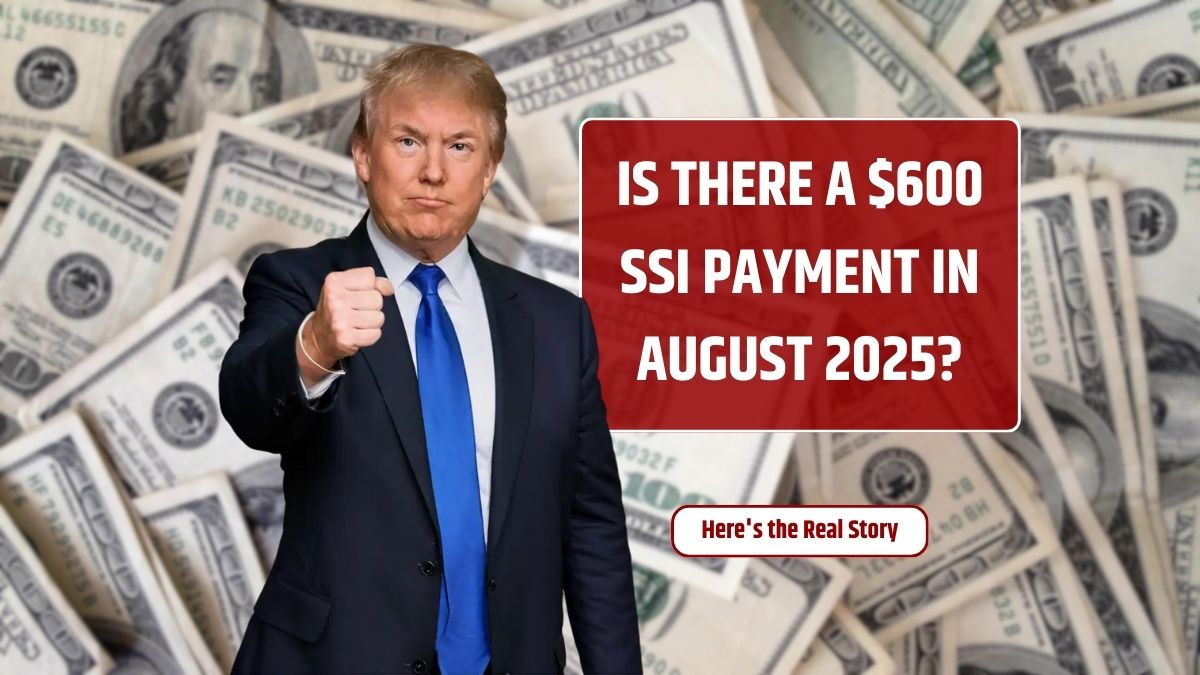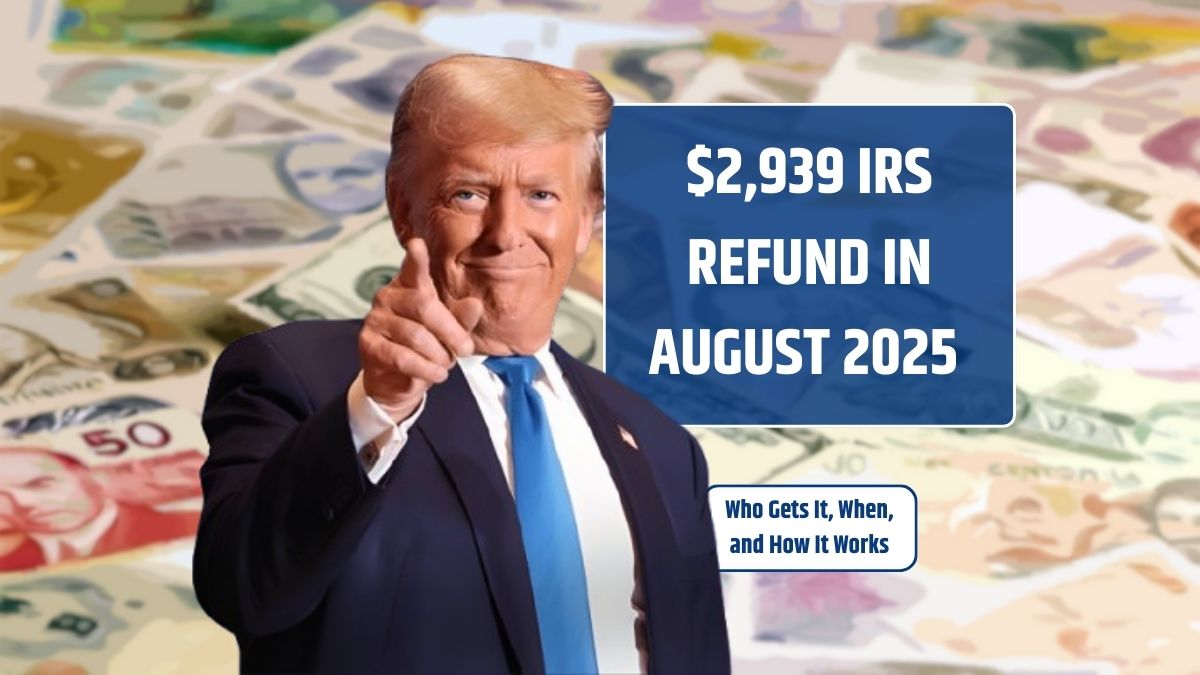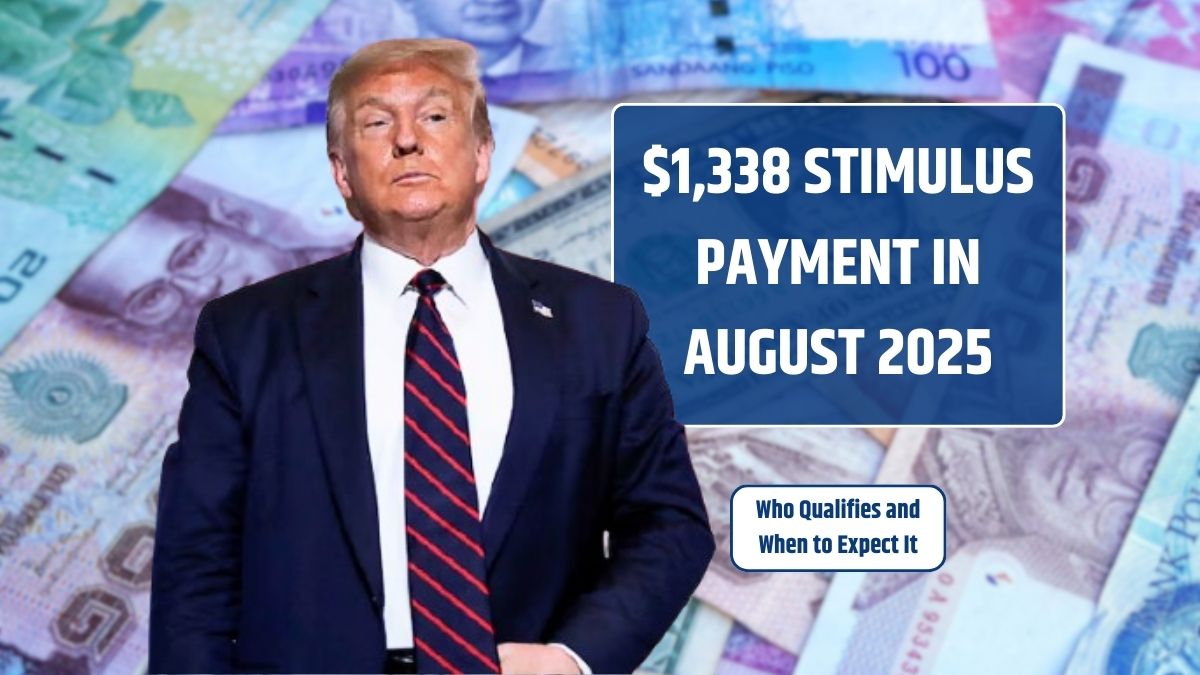On Monday, President Donald Trump hosted British Prime Minister Keir Starmer at his Turnberry golf resort in Scotland, a picturesque backdrop for a packed agenda that spanned global crises, economic policy, and international diplomacy. The meeting underscored Trump’s unorthodox approach to statecraft—blending political negotiation with personal brand promotion—while signaling significant shifts in U.S. policy on Gaza, trade, and humanitarian issues.
Gaza
The meeting’s most pressing topic was the deteriorating humanitarian crisis in Gaza. Trump acknowledged for the first time that Israel bears “a lot of responsibility” for conditions in the besieged enclave, breaking from Israeli Prime Minister Benjamin Netanyahu’s assertion that “there is no starvation in Gaza.”
“I think Israel can do a lot,” Trump said, noting he would soon urge Netanyahu to ensure food is delivered to starving civilians. “I want them to make sure they get the food,” he added, responding to televised images of emaciated Palestinian children.
Starmer, in agreement, called the situation “desperate” and reiterated calls for a ceasefire. Trump echoed that urgency, announcing that the U.S. will set up food centers in Gaza, stating, “We want to help. We have to get the kids fed.”
Trade
Trump also used the meeting to tout a new trade deal with the European Union, which imposes 15% tariffs on most EU goods entering the U.S. The deal avoids a previously threatened 30% tariff rate but sparked criticism from European leaders. French and Hungarian officials called the deal “unbalanced,” while Italy warned that details regarding exemptions remain unclear.
Despite skepticism abroad, Trump declared the framework a victory for U.S. economic interests. British PM Starmer, while expressing concern over rising costs for consumers, emphasized the importance of maintaining strong transatlantic relations.
Russia and Ukraine
Trump revealed he’s shortening the deadline he previously gave Russia to reach a peace deal in Ukraine—from 50 days to “10 to 12 days.” He said, “We just don’t see any progress being made,” and expressed disappointment with Russian President Vladimir Putin, adding, “I’m not so interested in talking anymore.”
While he stopped short of committing to any military escalation, his statements suggest growing frustration with Moscow and a potential recalibration of U.S. engagement in the war.
Domestic Moves
Back in the U.S., Trump’s administration was also busy with a slew of controversial domestic decisions:
- A federal judge blocked Trump’s efforts to defund Planned Parenthood, ruling the group must continue to receive Medicaid reimbursements.
- In a separate case, another judge halted new ideological conditions the administration had placed on grants to nonprofits helping victims of domestic violence and homelessness.
- Trump ordered Duke University to eliminate affirmative action practices and formed a “merit and civil rights committee,” prompting investigations into hiring and admissions practices.
- On education, the Trump administration released $6 billion in frozen funds for teacher training and after-school programs, following backlash from school districts.
Epstein and Maxwell
Questions about Jeffrey Epstein surfaced again. Trump insisted he ended his relationship with the disgraced financier after Epstein “stole staff” from one of his properties. His administration is now facing pressure from Senate Democrats to release transcripts from Ghislaine Maxwell’s interviews with the DOJ, amid fears of a cover-up. Vice President JD Vance reiterated Trump’s call for “full transparency” in the Epstein investigation.
Political Pressure and Personnel
Senate Majority Leader John Thune is pressing for rapid confirmation of Trump’s ambassadorial nominees, threatening to keep senators in Washington beyond their scheduled recess. Many of the nominees are Trump’s personal associates.
Meanwhile, Vice President Vance toured Ohio promoting the administration’s sweeping tax-and-border bill. Trump’s popularity in Republican strongholds remains solid, but internal rifts over policies like immigration detention, student protests, and race-based hiring are creating legal headaches.
Looking Ahead
Trump is also preparing for a second state visit to the United Kingdom this fall, a rare honor for any U.S. president. Starmer noted the historic nature of the visit and emphasized that their partnership will focus on peace efforts in Gaza and strengthening Western alliances.
Despite the gravity of global crises, Trump continued to emphasize the symbolic power of his Scottish golf properties, saying they “further” the U.S.-UK relationship. Starmer, not a golfer himself, indulged Trump’s sentiment while steering the conversation toward diplomacy.
FAQs
What did Trump say about Gaza aid?
He said Israel has responsibility and pledged U.S. food centers.
What is the new EU-US trade deal?
A 15% tariff agreement avoiding Trump’s 30% threat.
Why did protesters criticize GHF?
Over 1,000 people were killed at its Gaza aid sites.
What’s Trump’s stance on Ukraine peace talks?
He gave Russia 10–12 days to reach a peace deal.
What did Trump say about Epstein?
He said he cut ties after Epstein hired away his staff.

